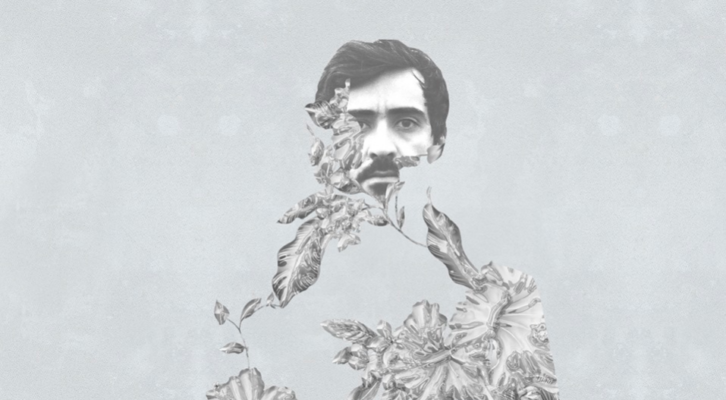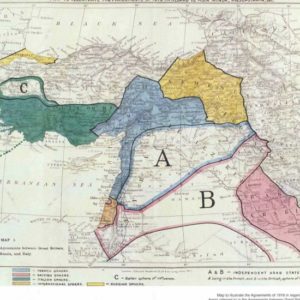The Lebanese-French Prince of words, images, and sounds, Nasri Sayegh talks to “The New Eastern Politics” Art and Culture contributor, Christiane Waked about how killing boredom can become a rebellious act of creative art.
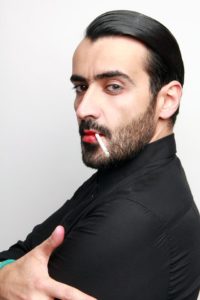
Portrait by Joie Iacono
C.W: Nasri you are one of the most eclectic artists I have met, you are an actor, writer, Grand reporter for “Elle Deco” and Head of Culture for “Elle” magazine, Press Attaché for various artists, a photographer, a DJ etc. In which of these activities do you find yourself the most?
N.S: My world evolves the most around words, and this is where I truly find myself. I majored in French Literature not because I am Francophile but because French writers are the ones who attracted me the most while I was a student. I must say that curiosity is my catalyst.
Literature then opened doors to journalism, culture, and cinema.
I never planned any of this but it was like a normal path that took its toll in a playful manner.
I recently fell into the realm of images by mistake, I don’t pretend to be a professional photographer but I am a person who simply tries to kill his existential boredom and anxious impatience. Constructing and deconstructing images is my current obsession.
Boredom is what triggers me and pushes me to create.
I am a worried person who interrogates himself constantly.
C.W: Where does your state of worry come from? Is it related to your Lebanese identity or to an unhealed wound at some stage of your life?
N.S: I don’t know exactly where it comes from but it must be in a way related to the fact that I come from a “fragile” country where war and peace coexist as we never know when the situation will explode. The perpetual displacement and journeys of the people of that region, including me, are something that can perhaps pave the way to anxiety. We live in this impermanent state of geography where we have to relocate away from our comfort zone.
At the same time, I desire traveling because I am uneasy with the thought of settling down.
C.W: Back to your academic field, you studied in both Lebanese and French universities; can you tell us in which way they were different?
N.S: I studied French Literature, beginning in Lebanon at Saint Joseph University before deciding to pursue a second degree in Paris Sorbonne University.
As much as I loved the curriculum in Lebanon in the 90’s where we had a certain freedom to compare authors without restriction, I was more disillusioned with the Sorbonne. Unfortunately, the director of my thesis was a rigid, stubborn man who allowed no creativity. It was the reason why I switched majors and decided to study theater at the “Ecole Supérieure des Arts Dramatiques de Paris”. My choice was driven by the passion for words that I found in theater and cinema, living the language in a somewhat carnal manner. All senses play into the use of words that become a tool of an embodiment.
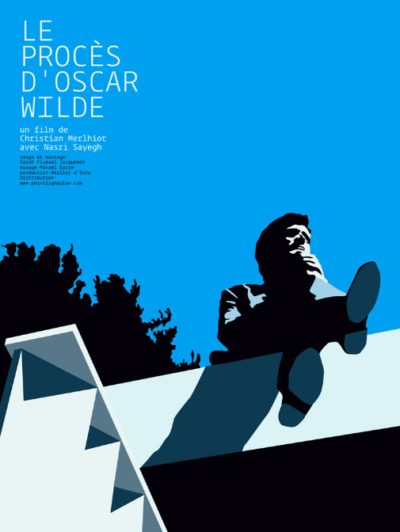
Le Proces d’Oscar Wilde de Christian Merlhiot
C.W: Who gave you the chance to become a movie actor?
N.S: Once again, the coincidence was in play. But I think the one who really gave me the opportunity to explore being an actor was Christian Merlhiot. We worked together on a film about the trial of Oscar Wilde where I interpreted all of the roles including Oscar himself, the lawyer and the judge.
C.W: Nasri you were also the Press Attaché of the socio-politically engaged theater company Zoukak and you are still promoting the famous indie underground singer Yasmine Hamdan. Why Zoukak and Yasmine?
N.S: Since I met the members of Zoukak, I was deeply moved by with their work. These engaged artists became indispensable to me. When I was still living in Beirut, before moving to Berlin, it was and still is a necessity for me to be involved with them, to humbly support and promote their work.
(C.W interrupting: surely! Unfortunately, such artists are like endangered species in the threat of extinction)
Yes! So you understand the reasons why I wanted to promote Zoukak, and at the same time, I was pursuing my own path.
As for Yasmine Hamdan, we have an artistic friendship that we’ve built throughout the years. Zeid Hamdan and Yasmine, who formed the band “Soap kills” marked in the 90’s, marked their territory in a country that was completely destroyed from years and years of civil war.
(C.W: I recall their first video clip “Lost”. My family and I were for months stuck in the shelter in the worst part of Ain El Roumaneh, and when the war was finally over, there was Yasmine in her white dress and her long hair looking like a real gothic girl singing on TV with her mesmerizing voice, walking through Beirut in ruins and I was completely hypnotized and thought to myself: this is the coolest thing I have seen on TV)
N.S: (laughs) True. The people have dug the underground music scene in the Middle East at a time where the ruins of war were still up in smoke. It was surreal back then.
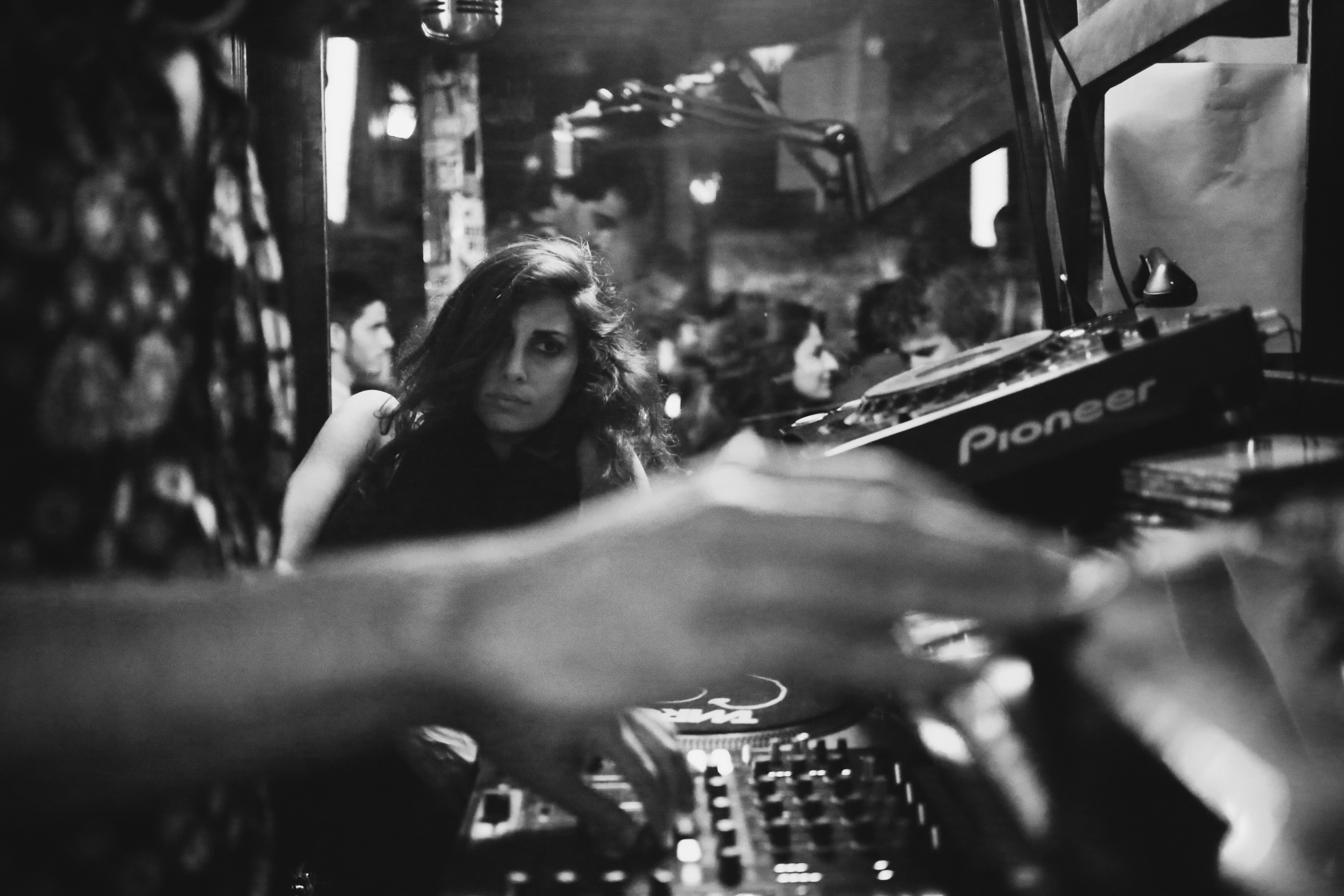
DJ with Yasmine Hamdan Photo by Nicolas Hrycaj
C.W: Can you tell me how you came up with the idea of your photography exhibition “Beyrouth, peut-être” (Beirut, perhaps)?
N.S: Boredom! I started to collage the Raouche Rock like a fetish object that I wanted to manipulate. I’m not very tech-savvy and using photo-editing software isn’t my thing, so my methods were quite simple.
I wanted to transform it as I did with my series of the Burj El Murr – one of the last remaining symbols of war and destruction. As dark as its past is, I find something solemnly beautiful about it.
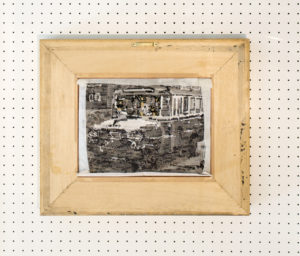
EXPO Beirut Art Center -Memorial
C.W: Do you think that your father, the well-known writer and journalist Nasri Sayegh (senior), has influenced you somehow?
N.S: I owe that to both of my parents. My mother was an Arabic literature professor and my father, as a writer and journalist who had published a number of poetry books, used to read to me as a child. I grew up in a family that was somehow obsessed with words, but also current events. I inherited this love for words, but most importantly to cherish differences.
C.W: D.J Nasri revisited the big stars like Sabah, Asmahan, and Grace Jones to name a few. What did you add to these giants in terms of music?
As a child, and like many others, my parents introduced me to Oum Kalthoum and Fairouz. I later discovered Sabah like an epiphany. I fell in love with her thrive to freedom, her universe: she was exceptional, a strong woman who defied taboos, a true free spirit…
What I have humbly done, with my sets, is let these exceptional people meet around a musical feast. I build conversations with the voices of Marguerite Duras, Sabah, Grace Jones, Yasmine Hamdan and other film stars like Betty Davis.
At the end, it’s about gathering people to have a good time, and above all to dance!
C.W: From Beirut to Berlin, what changed for you as an artist?
N.S: Berlin is giving me the chance to listen to the silent sound of the city. Beirut is hectic and silence is a luxury.
Berlin offers the possibility to listen to oneself and truly be alone, with all the beauty that it carries.
The city gives you the chance to find a certain sense of balance (peace?). That being said, moving is essential to me and I like to experience my solitude(s) in different parts of the world.
C.W: Last but not least, what are your future projects?
N.S: I am currently preparing my next solo show that will take place at the gallery of the French Institute in Beirut starting November 7, 2017, in the framework of Photomed 2017.
Christiane Waked is a former Press Attaché of the French Embassy to the UAE (2010-2015) also worked as linguist and analyst in the French Interior Ministry (2005-2008)


